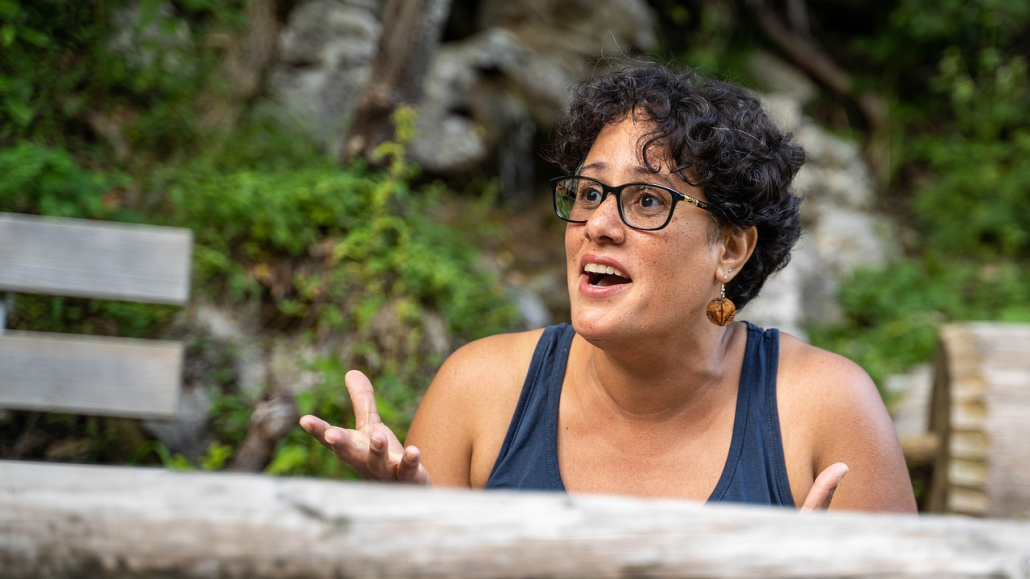What to Expect from the Mediation Process
When faced with a legal dispute, it can feel overwhelming to consider where to even start. The situation itself is already extremely stressful, not to mention the time and money that might have to be spent in the courts to even reach a settlement.
But it doesn’t have to be that way thanks to the process of mediation.

What is mediation?
Mediation is an alternative way to solve legal conflicts. Through the help of an impartial third person — a trained and experienced mediator — disputes can be settled outside of a courtroom and without standing in front of a judge. The mediation process is a faster and more affordable option, as mediation settles matters within an average of 45 days, compared to 18 months for those that go through the courts. Not only that, but mediation has a success rate of 70-80%.
What are the benefits of mediation?
Meditation is proactive, not reactive, in that everyone involved is working together to find a solution instead of working against each other in court. It can be done at a time that best fits your schedule, it’s completely confidential, and both sides have the opportunity to explain their own point of view — and also hear the other participant’s side.
The mediator doesn’t act as a judge deciding who is right or wrong, but instead helps those involved draft a mutually-agreed-upon resolution that becomes a legally binding mediation agreement. Whereas one person must lose in the courts, mediation allows both parties involved to walk away with a win.
What is the mediation process like?
Mediation is less formal than a court trial, but there is still a distinct process led by a highly skilled Conflict Resolution Service (CRS) volunteer mediator. They use their State-approved training to guide the conversation and encourage both sides to truly hear each other and brainstorm creative solutions.
What can you expect from the CRS mediation process?
Initiating mediation
If you’ve made the decision to pursue mediation to resolve your dispute, first call us or complete the mediation request form and provide us with some basic information. Since mediation is voluntary when not ordered by a court, both parties have to agree to the process, so we’ll reach out to the opposing party and propose it as a solution.
If it’s a court-ordered case, both parties must participate or risk being found in contempt of court, but we still initiate the same process as above.
Mediator introduction
When you arrive, the mediator(s) will introduce themselves and explain their role. All CRS mediators are impartial volunteers with diverse backgrounds, and have passed a certification program that includes an intense State-approved, 40- or 48-hour mediation training; observation/co-mediation time; and regular participation at in-service training sessions to ensure they’re on top of the most effective tactics and techniques.
Explanation of the process
The mediator will then explain the goals and ground rules, including the fact that you’re there to work cooperatively toward a settlement that satisfies all parties involved. They will also explain what to expect during the process, and then review the “Agreement to Mediate” form.
Both sides have their voices heard
Each party will be given time to explain the matter being mediated and share their concerns. This is the time to let the other party know the consequences they’ve experienced due to the dispute at hand. The mediator will ensure that neither party is interrupted, gently guiding the conversation in an impartial way that ensures both sides have time to make their voices heard.
Clarifications and solutions
The mediator will then summarize and clarify the issues they hear from each party, and then encourage both sides to further define any questions or issues, meeting with each party separately if needed. At that point, everyone involved is encouraged to work together to reach a solution and resolve the dispute.
Signing of the agreement
When an agreement is reached, the terms of the agreement will be written down and signed by all parties. The signed agreement acts as a contract that is enforceable by the courts.
Ready to resolve your dispute with mediation?
At Conflict Resolution Services, our goal is to provide you with high-quality professional dispute resolution services. Our trained mediators work with both parties to foster calm, focused conversations that get to the core of the issue. Using a variety of techniques and tactics tailored for your situation, we help find common ground and build a foundation for continued communication.
Whether it’s a simple matter or a complex multi-party issue — civil, real estate, agricultural, family, or work — our team of mediators, arbitrators, facilitators, and trainers can provide you not only the expert services that you need, but the peace of mind that you deserve.
Contact Conflict Resolution Services at 231-941-5835 or casemanager@crsmediationtc.org.
